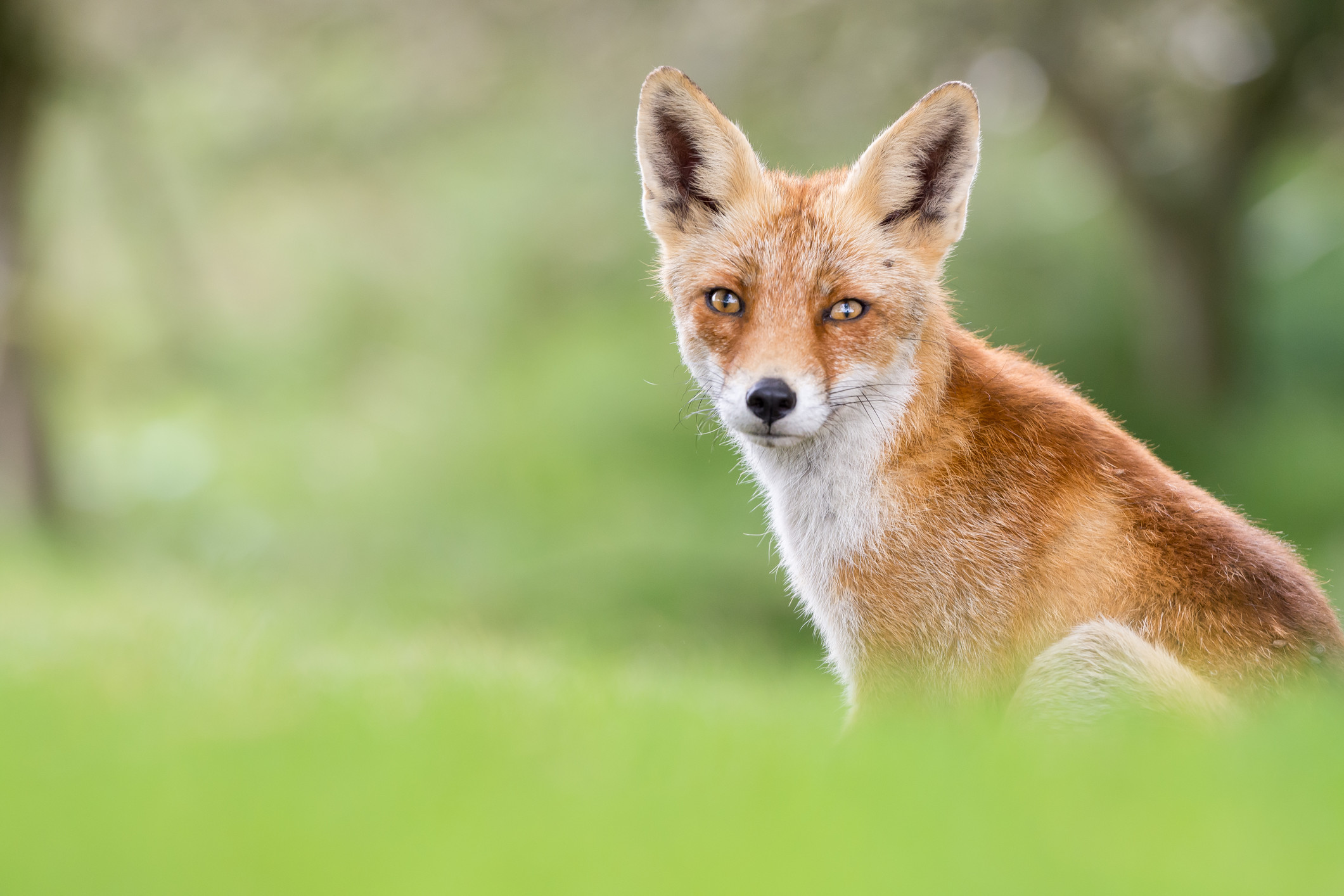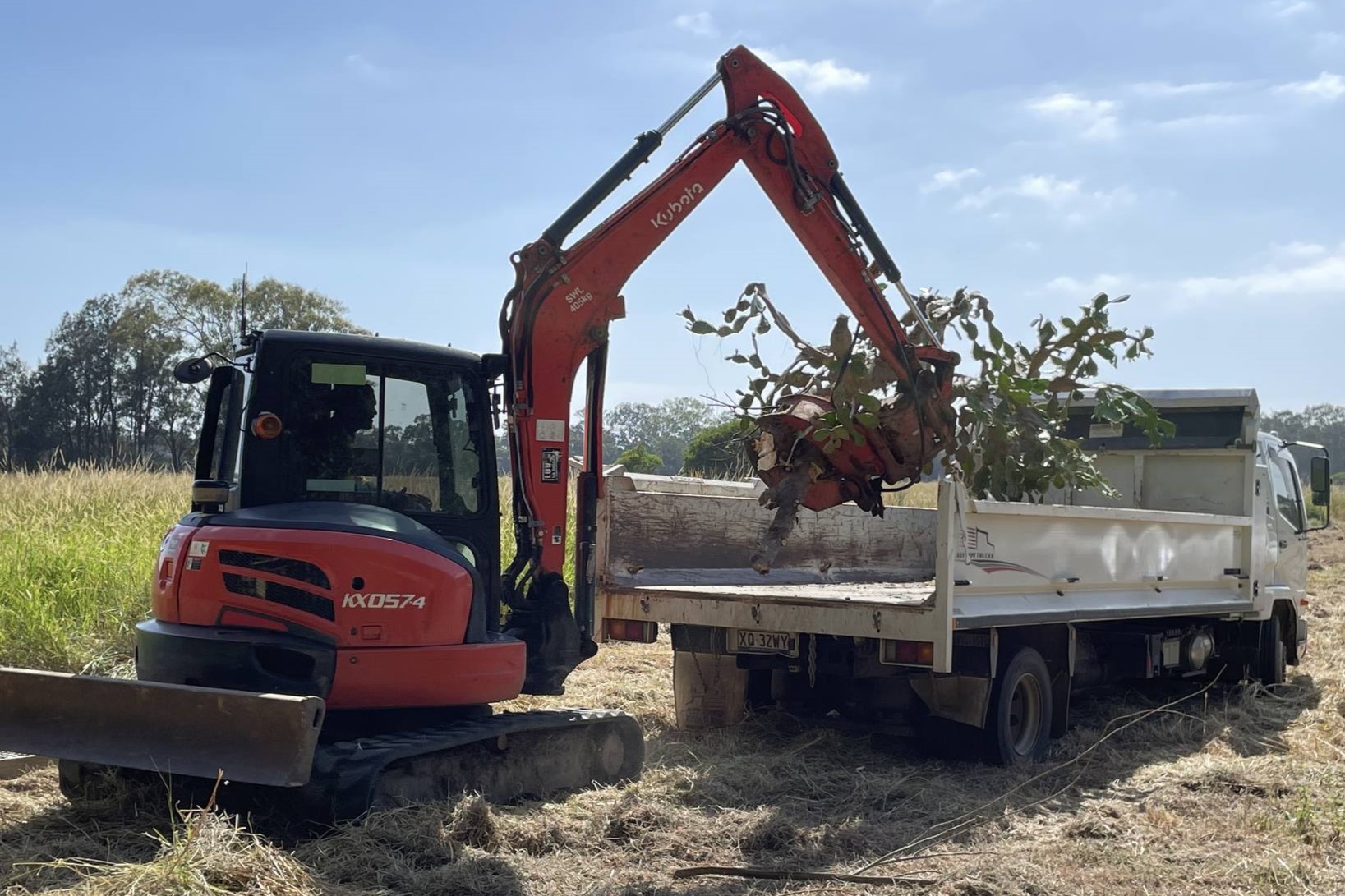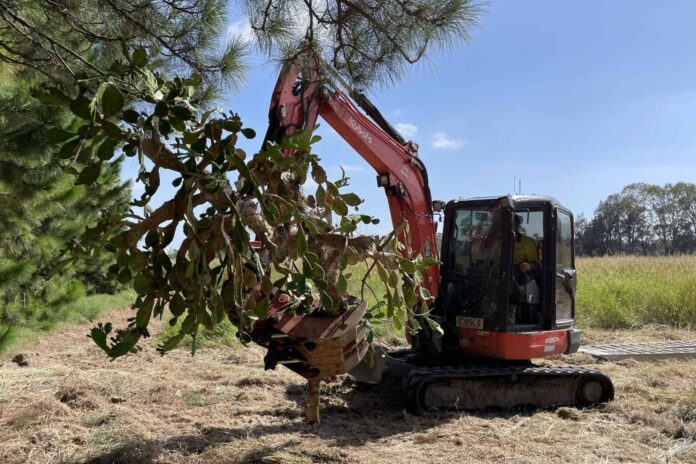A cactus native to South America, foxes and feral deer are among the targeted species in the region’s new biosecurity plan.
Residents can now explore the plan to understand the region’s invasive plant and animal species and to find out about how they can be managed.
Councillor Winston Johnston said biosecurity was in everyone’s hands.
“When everyone takes action on biosecurity, it benefits the whole region,” he said.
“In our Sunshine Coast Biosphere, our environment, communities and economy are interconnected and these can all be impacted by invasive plants and animals.
“For example, feral deer trample habitat and ringbark trees, cost farmers in damaged crops and pasture, and pose a serious danger to motorists.”

Cr Johnston said the plan identified reasonable and practical measures to manage 81 priority invasive species.
“We aim to prevent invasive species from infiltrating our region, eradicate those that we’ve found in low numbers, contain those found in some areas of our region, and manage those that are widespread to reduce their impact.”
Among them is drooping tree pear (Opuntia monacantha), a cactus native to South America that can quickly take over natural areas and become a costly infestation in agriculture.
A restricted species under the Biosecurity Act 2014, it is identified for eradication from our region under the new plan.

Councillor Maria Suarez said the plan identified invasive plants, not listed under the Biosecurity Act 2014, that damage environmental areas and are impacting our communities.
These locally significant invasive species include blue and coastal morning glory, cocos palm and thorny poinciana.
“Our biosecurity plan has been informed by feedback from the Invasive Weeds Taskforce, which includes landholders, First Nations representatives, Queensland Government, the local agricultural sector and community groups,” she said.
“We need our landholders and communities to be equipped with the knowledge and ability to manage invasive species that impact our region.
“We made these priorities more understandable and practical, so it’s easier for landholders and residents to manage invasive plants and animals on their property.”
Invasive animals such as foxes and wild dogs pose a threat to pets and livestock, while rabbits can be devastating to our agricultural sector.
Invasive plants out-compete native species, reducing the food available to wildlife with impacts across ecosystems, while others are toxic to humans and animals, threaten agricultural activities or can choke dams and waterways.
Council carries out ongoing invasive plant and animal management throughout the region while running programs to help landholders manage invasive plants on private properties.
Council endorsed the Sunshine Coast Biosecurity Plan 2024, updating the 2017 plan, at its October 24 Ordinary Meeting.
It also endorsed a supporting implementation plan which outlines a range of ongoing and new council actions.
New additions to the eradication list include the cane cactus (Austrocylindropuntia cylindrica), Eve’s pin cactus (Austrocylindropuntia subulata) and Cholla cacti (specific Cylindropuntia species).
Do you have an opinion to share? Submit a Letter to the Editor at Sunshine Coast News via news@sunshinecoastnews.com.au. You must include your name and suburb.





